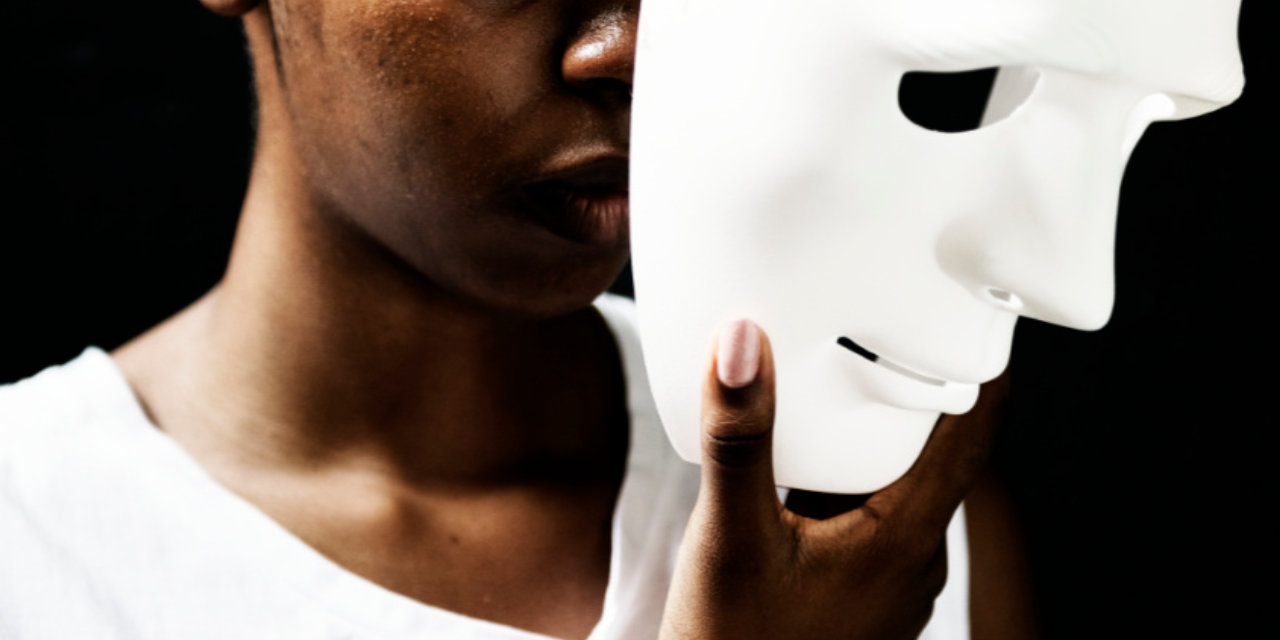Just who do you think you are? That’s not asked with even the slightest hint of indignation, it’s a genuine question: who do you think you are?
Take a moment to ponder this question.
You might immediately think of the roles you play—parent, business owner, employee, carer. Perhaps your mind jumps to your skills—artist, writer, engineer—or to your current emotional state—excited, melancholy, or simply numb.
But none of these things are who you truly are. They merely describe what you can or cannot do, where you fit in your world, or how you feel. They are not your essence.
Perhaps your thoughts drift to labels others have attached to you over the years. Messages telling you that you’re a nobody, insignificant, unlovable—or conversely, that you’re talented, beautiful, and capable of anything. These messages, whether positive or negative, all flow into you from outside, based on others’ interpretations of life, not yours.
Like Shrek, whose view of himself as a loathsome creature to be feared was shaped entirely by external messages, these labels distort your self-perception. We all absorb these external definitions, often without realising just how deeply they’ve become embedded in our sense of self.
So, if you aren’t what you do, and you aren’t the labels attached to you by others, who exactly are you?
The simplest answer lies within—in your attributes. An attribute is an inherent quality or feature, not a learned behaviour or something acquired along the way. It’s a natural expression of the real you. Discovering these authentic attributes requires honest self-reflection and a willingness to question long-held beliefs about yourself.
Start by examining your physical attributes. Look in the mirror. What do you see? Do you notice someone who needs a major overhaul, or someone who is perfectly fine as they are? Consider where your perceptions of your physical self originated. Were they formed by magazine covers, family comments, or school bullies?
Next, explore your emotional attributes by reflecting on life events. What brings you joy or sorrow? What excites you or casts shadows over your day? When emotions arise, do you suppress them or allow them to surface? Your emotional responses reveal much about who you are at your core. Notice patterns in how you naturally react before judgement or conditioning kicks in.
Finally, consider your character attributes. Are you kind, generous, authentic? Or do you see yourself as cold-hearted, shy, or a bit of a fraud? Again, question the source of these self-perceptions. Many of us carry around character definitions that were assigned to us in childhood—”the quiet one,” “the troublemaker,” “the responsible one”—that may not actually reflect our true nature.
With this picture of your physical, emotional, and character attributes in mind, begin weeding out the imposters—those attributes you believe you possess because of external influences rather than internal truth.
Were you told to always suppress your emotions, making it difficult to engage now? Is that truly who you are, or an adaptation to others’ expectations? Were you labelled shy or cold-hearted, forcing you to see yourself that way? This process takes courage, but it’s immensely liberating.
When you determine which attributes are genuine and which are imposters planted by others’ messages, you build a clearer picture of your authentic self. This clarity makes way for the real you to emerge and your best life to take shape.
So I ask again: who do you think you are? Not what you do, not what others say about you—but you, in your essence. The answer might surprise you, and it might just change everything.

